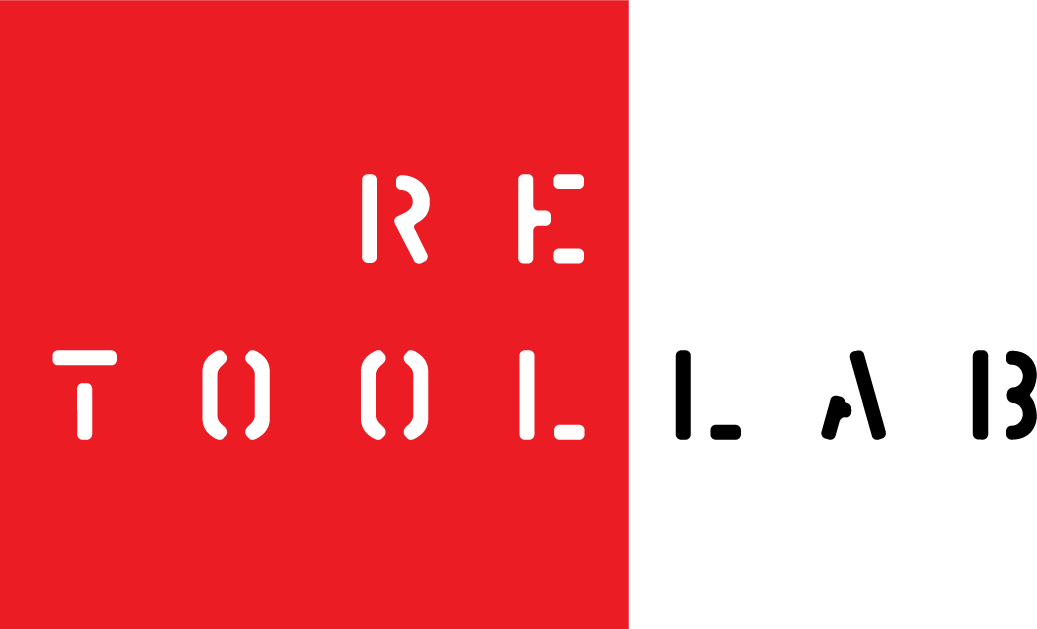Beware the sound your brand makes
Here’s something that may come as a surprise: brand naming is hard work, a minefield littered with unforeseen perils.
There are many dimensions to naming a company or product. In an age when thousands of names get registered every day, creating an original name one can own can seem difficult, if not nearly impossible. The process often forces companies to turn to a variety of approaches. Many will resort to twisting and combining portions of words, use creative spelling and mix phonemes to attempt to arrive at something that, if not entirely new, is at least unique enough for their intended purpose to stand out.
It’s only too easy to think once you’ve created a new name, registered it, consecrated it with a new logo and visual style, and secured the right URL, that the job is done. Not so fast! The proposed new name may get focus-tested to death: groups of people will – silently, and in their minds – consider this new option. But remarkably, few people will take a minute to twirl the name around their mouths and actually sound it out.
What does the name sound like? It’s particularly important to stop and consider what the creative convolution that is the new name may purposely and unwittingly evoke when spoken out loud? This is not something you’ll find much written about, yet it’s a critical aspect of brand naming.
Is your brand name an asset or a “nuisance?”
This simple consideration might have helped nusens, a general contracting company in southern Ontario. To be fair, I really like their visual branding, but while visual branding and brand naming may be related disciplines, they are nonetheless very different and need to be considered according to a different set of criteria. Clearly the company didn’t consider the implications of phonetically pronouncing their chosen corporate name – the result makes for a good cautionary story. Does nusens really want to be branded as a nuisance?
Branding is a multi-dimensional discipline; not one of those dimensions should be ignored. The way the brand name sounds or rolls-off the tongue may either help or seriously hinder a company’s future prospects I implore you — company owners and branders alike — to pay attention to the auditory aspect of your brand. It may seem like just a “nuisance” but it could save you from dealing with a much larger one down the line.
Unfortunate brand names are mostly avoidable.
Stories of unfortunate or doomed brand names are legion, from the Ayds Diet Candies to the Chevy Nova (“no go” in Spanish) to SARS drink, to name a few. In many cases, these regrettable names suffered unforeseeable misfortunes. In most cases however – Analtech, Passmore Gas & Propane or 666 (a cold medicine) – these errors were wholly avoidable if only a minimal amount of foresight and due diligence had been applied. In a best-case scenario, these names caused a few chuckles; on the other hand, these easy-to-avoid mistakes might annihilate a company’s future prospects and require expensive rebranding remedies.
Ultimately, the name itself does not confer value on a company’s brand. Choosing a name that provides a fertile platform for creating a unique narrative is of course a good idea. But that narrative does not make the brand valuable by itself. Rather it simply sustains and supports the brand’s value and the values it stands for. What gives a brand its value is the quality of the company’s products and/or services, the customer service and experience it provides, and people's general perception of the company. The name simply stands for all of this.
Based on the effusive language found on the company’s website, it is clear that it is fully invested in a name and narrative that it feels confound expectations and present a unique value proposition in their market; all well and good. However, we can hardly think of a less propitious sounding name for a company operating in an industry where public sector and institutional clients will be asked to entrust it with contracts that may run into the millions. A “nuisance” is hardly the type of experience clients want or expect to have.
What then, are we to make of the naming process the company has employed? It seems clear to this branding professional that in this particular case, a critical step was missed: thinking through unintended meanings and associations. This could easily have been achieved with a minimal amount of due diligence on the part of the company, and by simply asking people they trust – partners, advisors, clients, etc. – a few simple questions such as: Is this name appropriate for our purposes? How will/might it be perceived by our target audience? Are there any issues that we have failed to consider?
Seek professional help
Leveraging foresight from the start is always a good idea, because hindsight in such cases only brings pain. When starting on the naming journey, seek professional advice or risk regret. As the axiom goes, an ounce of prevention is worth a pound of cure.




